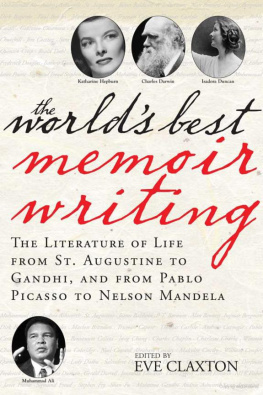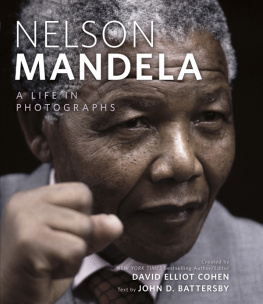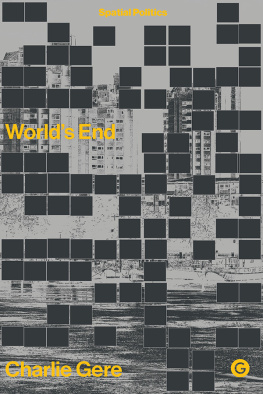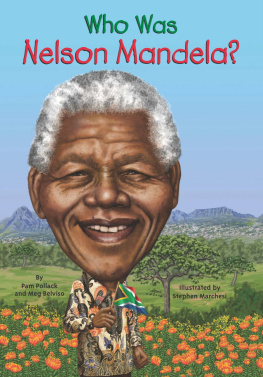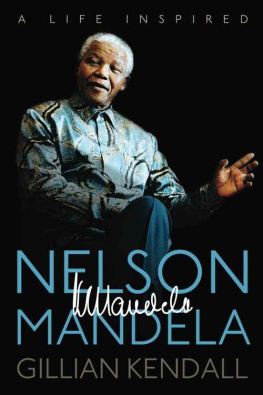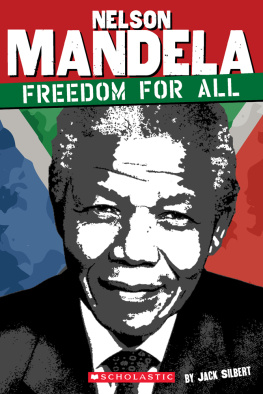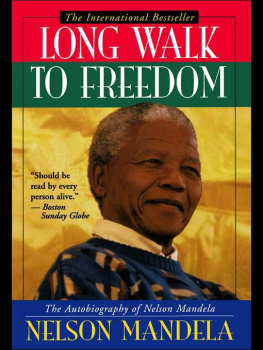Speak, Memory: An Autobiography Revisited (1966) by Vladimir Nabokov (1899-1977), Russian-American writer
Nabokov first published his series of autobiographical sketches in American magazines from 1948 to 1951, later revising them for the book-length Speak, Memory: An Autobiography Revisited. By revisiting the details of his past, the great novelist could effectively return to the settings of his Russian childhoodincluding the city of St. Petersburg, where he was born in 1899, and which his aristocratic family fled in the aftermath of the Bolshevik Revolution. Nabokov would never actually return to Russia. This most literary of memoirs a sublimely lyrical meditation on memory, transcendence, and imagi-nationelevates autobiographical form to the level of highest art.
It was the primordial cave (and not what Freudian mystics might suppose) that lay behind the games I played when I was four. A big cretonne-covered divan, white with black trefoils, in one of the drawing rooms at Vyra rises in my mind, like some massive product of a geological upheaval before the beginning of history. History begins (with the promise of fair Greece) not far from one end of this divan, where a large potted hydrangea shrub, with pale blue blossoms and some greenish ones, half conceals, in a corner of the room, the pedestal of a marble bust of Diana. On the wall against which the divan stands, another phase of history is marked by a gray engraving in an ebony frameone of those Napoleonic-battle pictures in which the episodic and the allegoric are the real adversaries and where one sees, all grouped together on the same plane of vision, a wounded drummer, a dead horse, trophies, one soldier about to bayonet another, and the invulnerable emperor posing with his generals amid the frozen fray.
With the help of some grown-up person, who would use first both hands and then a powerful leg, the divan would be moved
several inches away from the wall, so as to form a narrow passage which I would be further helped to roof snugly with the divans bolsters and close up at the ends with a couple of its cushions. I then had the fantastic pleasure of creeping through that pitch-dark tunnel, where I lingered a little to listen to the singing in my earsthat lonesome vibration so familiar to small boys in dusty hiding placesand then, in a burst of delicious panic, on rapidly thudding hands and knees I would reach the tunnels far end, push its cushion away, and be welcomed by a mesh of sunshine on the parquet under the canework of a Viennese chair and two gamesome flies settling by turns. A dreamier and more delicate sensation was provided by another cave game, when upon awakening in the early morning I made a tent of my bedclothes and let my imagination play in a thousand dim ways with shadowy snowslides of linen and with the faint light that seemed to penetrate my penumbral covert from some immense distance, where I fancied that strange, pale animals roamed in a landscape of lakes. The recollection of my crib, with its lateral nets of fluffy cotton cords, bring back, too, the pleasure of handling a certain beautiful, delightfully solid, garnet-dark crystal egg left over from some unremembered Easter; I used to chew a corner of the bedsheet until it was thoroughly soaked and then wrap the egg in it tightly, so as to admire and re-lick the warm, ruddy glitter of the snugly enveloped facets that came seeping through with a miraculous completeness of glow and color...
How small the cosmos (a kangaroos pouch would hold it), how paltry and puny in comparison to human consciousness, to a single individual recollection, and its expression in words! I may be inordinately fond of my earliest impressions, but then I have reason to be grateful to them. They led the way to a veritable Eden of visual and tactile sensations. One night, during a trip abroad, in the fall of 1903, I recall kneeling on my (flat-tish) pillow at the window of a sleeping car (probably on the long-extinct Mediterranean Train de Luxe, the one whose six cars had the lower part of their body painted in umber and the panels in cream) and seeing with an inexplicable pang, a handful of fabulous lights that beckoned to me from a distant hillside, and then slipped into a pocket of black velvet: diamonds that I later gave away to my characters to alleviate the burden of my wealth. I had probably managed to undo and push up the tight tooled blind at the head of my berth, and my heels were cold, but I still kept kneeling and peering. Nothing is sweeter or stranger than to ponder those first thrills. They belong to the harmonious world of a perfect childhood and, as such, possess a naturally plastic form in ones memory, which can be set down with hardly any effort; it is only starting with the recollections of ones adolescence that Mnemosyne begins to get choosy and crabbed. I would moreover submit that, in regard to the power of hoarding up impressions, Russian children of my generation passed through a period of genius, as if destiny were loyally trying what it could for them by giving them more than their share, in view of the cataclysm that was to remove completely the world they had known. Genius disappeared when everything had been stored, just as it does with those other, more specialized child prodigiespretty, curly-headed youngsters waving batons or taming enormous pianos, who eventually turn into second-rate musicians with sad eyes and obscure ailments and something vaguely misshapen about their eunuchoid hindquarters. But even so, the individual mystery remains to tantalize the memoirist. Neither in environment nor in heredity can I find the exact instrument that fashioned me, the anonymous roller that pressed upon my life a certain intricate watermark whose unique design becomes visible when the lamp of art is made to shine through lifes foolscap.
Before Night Falls: A Memoir (1992) by Reinaldo Arenas (1943-1990), Cuban writer
Arenas dictated his memoir into a tape-machine, terminally ill with AIDS and too physically weak to write, completing it in the months leading up to his suicide at the age of forty-seven. He was born into an impoverished family in rural Cuba in 1943. As a teenager, Arenas fought in the Cuban Revolution. Outspoken in his political beliefs and his homosexuality, he was sent to prison for ideological deviation in 1973; later he was tortured and forced to renounce his work. In 1980, Arenas exiled himself to New York City. His memoir remains a vivid testament of the writers struggle to remain free; artistically, sexually, and politically.
I think the splendor of my childhood was unique because it was absolute poverty but also absolute freedom; out in the open, surrounded by trees, animals, apparitions, and people who were indifferent toward me. My existence was not even justified, nobody cared. This gave me an incredible opportunity to escape it all without anyone worrying about where I was or when I would return. I used to climb trees, and everything seemed much more beautiful from up there. I could embrace the world in its completeness and feel a harmony that I could not experience down below, with the clamor of my aunts, the cursing of my grandfather, or the cackling of the hens... Trees have a secret life that is only revealed to those willing to climb them. To climb a tree is to slowly discover a unique world, rhythmic, magical, and harmonious, with its worms, insects, birds, and other living things, all apparently insignificant creatures, telling us their secrets.
Six Records of a Floating Life (1809) by Shen Fu (1763-after 1809), Chinese civil servant, painter, and writer
This classic work of Chinese autobiography was written around 1809, to be discovered and published after its authors death. Each record deals with a different aspect of Shen Fus lifethe excerpt that follows is from the second record, The Pleasures of Leisure, in which he writes about his favorite pasttimes. Shen Fu was born in Shoochow, China, the eldest son of a secretary to a magistrate. After being apprenticed to his fathers profession, he worked briefly in the brewing business before taking work as a secretary, teacher, and merchant. From 1807 onward, nothing is known of his life, except that he achieved some recognition as a painter and wrote his masterpiece.
Next page
